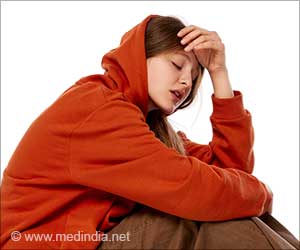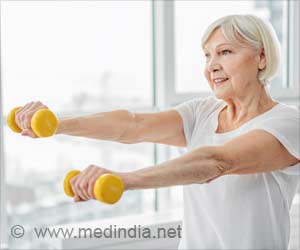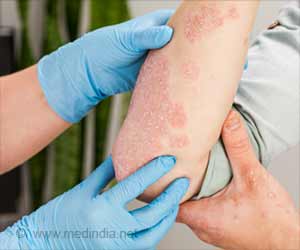
Doctors reported a significant increase in urinary tract infections (1✔ ✔Trusted Source
Urinary tract infection (UTI)
) and kidney stones among adults, attributed to the sweltering heat conditions.
Urinary stones are small, hard deposits of mineral and acid salts that tend to form when urine gets concentrated. Staying hydrated by drinking enough water is key to prevent the condition.
Urinary Stone Problems Likely to Increase in Summer Due to Dehydration
“Urinary stone problems are likely to increase in summer. This problem occurs when the amount of water in the body decreases due to heat. Every day, 2-3 patients come for treatment with complaints of abdominal pain,” Dr Pawan Rahangdale, Urologist, Apollo Spectra Pune, told IANS.
“One should drink water at regular intervals during hot weather, and urine colour should be like clear water. Yellow urine indicates dehydration,” the doctor added. The doctor advised that fluid losses due to constant sweating must be compensated by adequate hydration, or else the kidney will make concentrated urine, and there will be formation of stones.
“If left untreated, then people with urinary stones can encounter renal infection or kidney damage,” he said. According to doctors, severe pain in the back or abdomen, nausea, and blood in the urine, urgency of passing urine are some of the common symptoms that people encounter due to urinary stones.
Dr Ravinder Hodarkar, Urologist at Zynova Shalby Hospital, told IANS that the stone may increase up to a few centimetres in size. “Some stones dissolve on their own without any treatment, while the bigger ones may require surgical procedure. Summer is synonymous with urinary stones,” he added.
Reference:
- Urinary tract infection (UTI) – Symptoms and causes – (https://www.mayoclinic.org/diseases-conditions/urinary-tract-infection/symptoms-causes/syc-20353447)
Source-IANS



